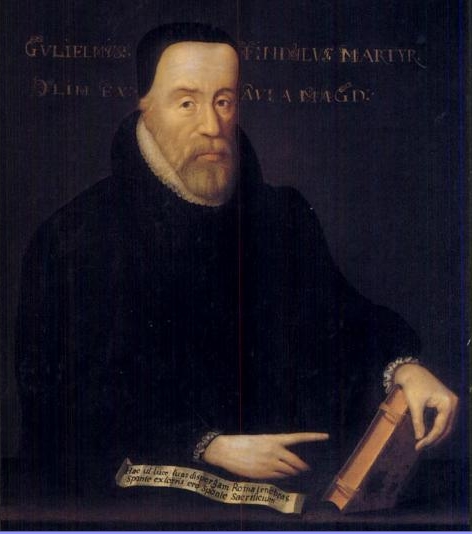Podcast: Play in new window | Download (Duration: 1:16:02 — 105.1MB) | Embed
Subscribe: Apple Podcasts | More

This image is in the Public Domain
Atonement Part 1-Made-up Words
The Bible is one of the world’s most incredible documents. Christian or not, any objective thinking person has to admit that. In, in my opinion, you don’t even have to believe what the Bible says to respect it. There are few documents that have been so meticulously assembled, cared for and studied in all the history of human literature. Now, I am certain that scoffers and atheists may argue that I’m being a little hyperbolic but I honestly believe that most who have spent a decent amount of time researching its history would have to agree with my above statements. Like no other literature of any sort…religious or not…an unbroken documentary trail leads all the way back to the origins of this very ancient collection of writing. This is a beloved and revered book and we know that because of how much priority those that love God put on it. To us IT IS THE WORD OF GOD…the mind of God…the precious thoughts, instructions and judgments of a loving, living Father.
As proof, one need only look at the efforts that men and women have put forth down through the millennia to make the Bible available for all to understand. Though difficult to accurately estimate, some have said that the Bible has been translated in part or in whole into more than 3,000 languages. Now, the important part of that statistic is to realize that the VAST majority of those translations have been completed in recent times…certainly not more than 200 years. Another important fact to realize here is that the growth in the number of languages into which the Bible has been translated is accelerating largely BECAUSE there are so many translations. You see, linguists and etymologists will tell you that there are very few isolated languages. In other words, almost all languages are related to some other language. Without getting too bogged down in the details let me just say that the more languages something is translated into the easier it is to accomplish that next translation. Each translation is used as reference for other subsequent translations. That is partly why there are so many language versions of the Bible.
Now, imagine having almost NO other translations to work with AND throw in the fact that the language you want the Bible translated into is new and, frankly, incomplete. That is what faced William Tyndale in 16th Century England. At the time, the Bible had only been translated into a handful of languages. The only “authorized” version was written in Latin; a language very few of Tyndale’s countrymen spoke. That alone severely limited access to the Word. In addition, Tyndale lived at a time of transition in England. His country was slowly defining a unified identity which would eventually include a national language. It may be difficult to believe, but the language we refer to today as English has only been spoken in England for less than 600 years. That means when God got a hold of William Tyndale and inspired him to write a Bible in the language the people of England there was hardly enough of a language to work with. Well, God always chooses the right person to accomplish His difficult tasks. So, take a moment to pray for guidance and help in understanding and then have a listen to this week’s episode as we dive into the fascinating subject of the English Language Bible.
